Frequent visitors to SF and Nonsense may have inferred my scientific/technological interests lean most often toward physics, astronomy, and space exploration. True enough. That said, other items are sometimes too quirky or too important not to catch my eye. Herewith several such -- and, I'll venture, you'll also find them noteworthy.
After all, who doesn't want to read "Dinosaur Extinction Allowed Frogs to Conquer the Planet."
The mass extinction that wiped out the dinosaurs paved the way for a totally different type of creature to take over -- frogs.
The slimy amphibians exploded in numbers and diversified in the millions of years after a massive asteroid wiped out the dinosaurs, taking advantage of the huge holes in the ecosystem that extinct creatures left behind, a new study suggests.
Interested in the quest for extraterrestrial life? Here, possibly, is a new criterion for narrowing the search space. "Ultraviolet light may be key to finding alien life."
Ultraviolet light
may have played a critical role in the emergence of life on Earth and
could be a key to finding life elsewhere in the universe, a study ... at Harvard suggests. The study found that
red dwarf stars might not emit enough ultraviolet (UV) light to
kick-start the biological processes most familiar to our planet.
As we are being eclectic today (beware cognitive whiplash), we now consider, from the history-of-technology department, "Two French aviators vanished a decade before Amelia Earhart. Their fate remains a mystery, too." These aviators were trying to fly the opposite direction of Lindbergh: Paris to New York.
Finally, as we contemplate the latest disruption to our digital lives, the massive hack of Equifax ("Equifax data breach: Find out if you were one of 143 million hacked"), chew on this: "Best practices for passwords updated after original author regrets his advice." The mishmashes of numbers,
special characters, and mixed-case letters we were urged to use, and then struggled to
remember? It turns out those aren't -- and this is demonstrable mathematically -- the safest way to construct passwords. Arrrrgh.
Either aspect of that last paragraph is enough to hack me off ... so I'll call it a day/post.
Tuesday, September 12, 2017
Making the world safe for frogs (and other diversions)
Subscribe to:
Post Comments (Atom)






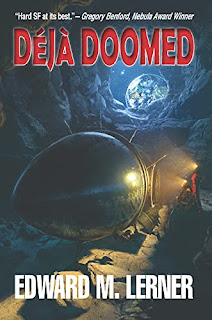
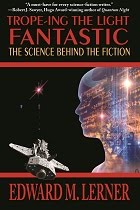

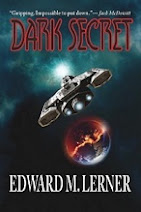
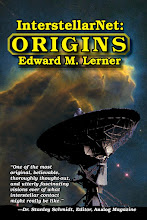











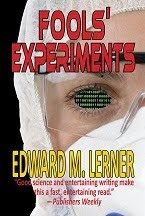







No comments:
Post a Comment